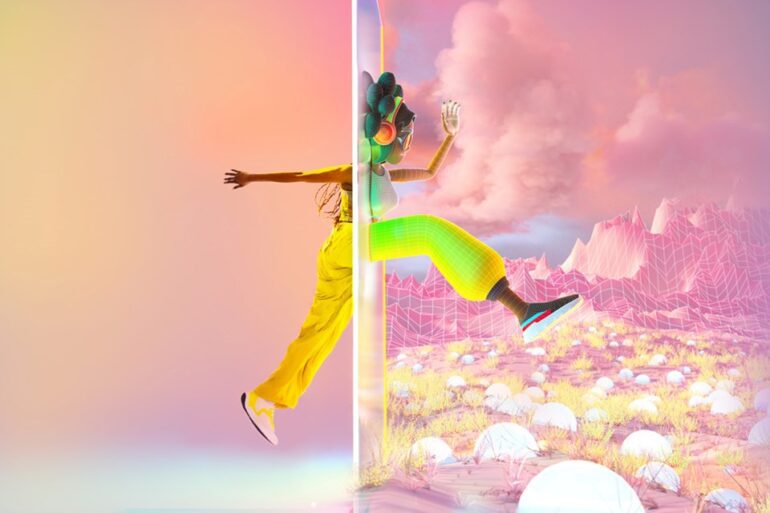TL;DR:
- 2024 emerges as a crucial year for US copyright law, with AI technology at the center of disputes.
- Generative AI’s surge in popularity, led by giants like OpenAI and Meta, has triggered copyright cases from authors, artists, and content creators.
- Plaintiffs argue that AI’s success is built upon their work, seeking monetary damages and legal injunctions against tech companies.
- Tech companies contend that AI training mirrors human learning and qualifies as “fair use” under copyright law.
- The outcome of these legal battles will shape the future of AI and its interaction with copyright law.
Main AI News:
In the realm of business, 2023 witnessed a profound transformation, thanks to the advent of artificial intelligence. However, as we stride into 2024, we find ourselves at the precipice of a pivotal moment in US copyright law, with AI squarely in the crosshairs.
The meteoric rise of generative AI, championed by industry giants like Microsoft-backed OpenAI and Meta Platforms, among others, has triggered a barrage of copyright disputes. Authors, artists, and copyright holders are raising their voices, contending that AI’s success owes a significant debt to their creative endeavors.
Up until now, judges have exhibited skepticism towards the infringement claims brought forth by these plaintiffs, primarily revolving around the content produced by AI. Yet, the thornier, potentially multi-billion-dollar quandary remains unaddressed – do AI companies infringe on a grand scale by training their systems with copious amounts of data, including images, writings, and other content gleaned from the vast expanse of the internet?
Tech behemoths caution that these lawsuits could metamorphose into formidable obstacles for the burgeoning AI industry. Conversely, the plaintiffs assert that these companies must be held accountable for exploiting their work without consent or recompense.
The Copyright Conundrum
In the annals of legal history, 2024 shall be indelibly marked as the year when AI and copyright law stood toe to toe. Numerous groups of authors have banded together in proposed class-action lawsuits, all arising from the utilization of their textual creations in AI training. These litigants encompass a diverse spectrum, ranging from luminaries such as John Grisham and the wordsmith behind “Game of Thrones,” George R.R. Martin, to the comedic brilliance of Sarah Silverman and the political acumen of former Arkansas governor Mike Huckabee.
Parallel lawsuits have been initiated by copyright holders, spanning visual artists, music publishers, stock-photo giant Getty Images, and the venerable New York Times. Their collective grievance? The technology companies, they argue, transgress copyright boundaries by appropriating and replicating their intellectual property without consent for the purposes of AI training. The plaintive refrain seeks both monetary restitution and legal injunctions to forestall further misappropriation.
The Shield of Tech Giants
The tech titans have marshaled formidable armies of legal experts, drawn from some of the nation’s most prestigious law firms, to mount a robust defense against these allegations. Their counterargument hinges on AI training’s analogy to human learning of novel concepts and posits that their use of this material qualifies as “fair use” within the confines of copyright law.
In their response to the US Copyright Office, Meta articulated, “Just as a child learns language (words, grammar, syntax, sentence structure) by hearing everyday speech, bedtime stories, songs on the radio, and so on, a model ‘learns’ language by being exposed — through training — to massive amounts of text.” This underpins their contention that the AI’s assimilation of content mirrors the way humans acquire language skills.
The battle lines are drawn, and the stakes are high. As 2024 unfolds, the outcome of these legal clashes will reverberate not only through courtrooms but also across the future trajectory of artificial intelligence, shaping its interaction with copyright law for years to come.
Conclusion:
The ongoing legal battle over AI and copyright in 2024 carries significant implications for the market. If tech companies successfully defend their AI training practices, it could pave the way for continued growth and innovation in the AI industry. Conversely, if copyright holders prevail, it may lead to increased scrutiny and potential roadblocks for AI development, affecting the market’s future trajectory. The resolution of these disputes will profoundly impact the dynamic between AI and copyright law, shaping the landscape for years to come.

